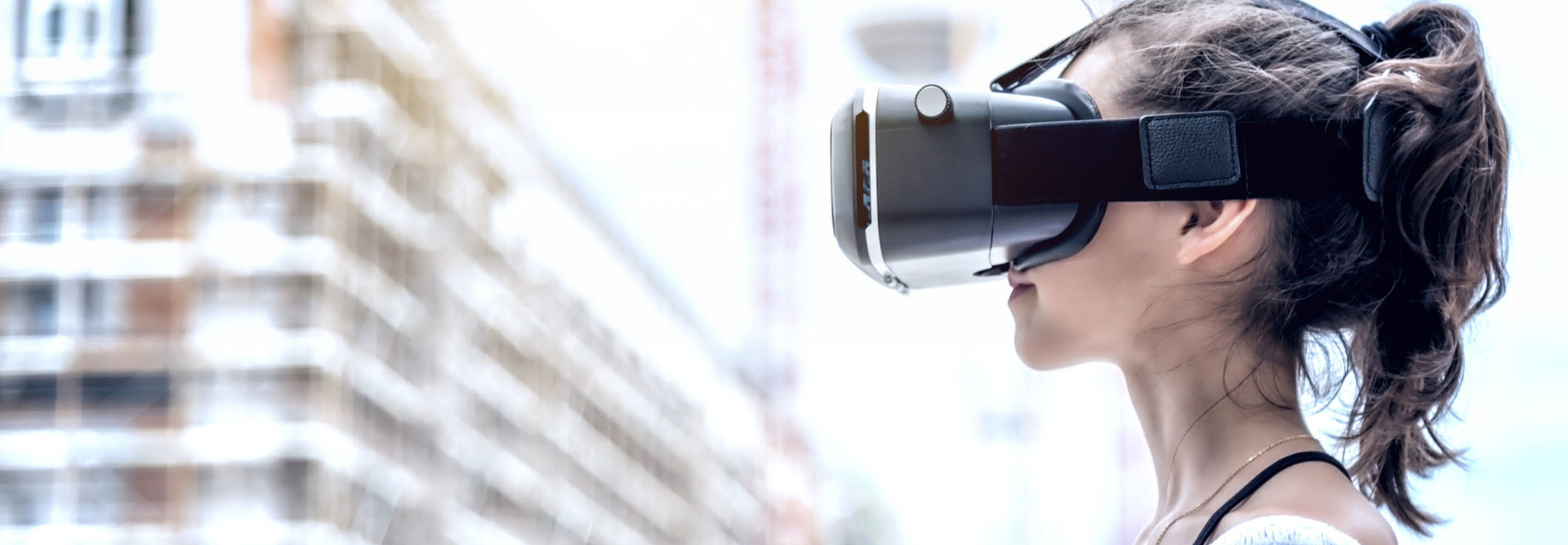Localities Invest in Virtual Reality to Spark Economic Growth, Opportunity
While a few years ago virtual reality seemed like something you’d find only in futuristic movies and novels, these days the technology is proving to be a useful tool for everything from schools to hospitals. And with experts forecasting explosive growth for the VR industry, local governments aren’t about to be left behind.
The Louisiana Office of Tourism, for example, is capitalizing on the technology to show potential visitors the state’s beauty firsthand. Meanwhile, in Pima County, Ariz., the sheriff’s office is using the tech to train deputies.
But these applications are likely just the beginning for local governments. In perhaps the largest bid for VR and augmented reality tech thus far, New York City recently unveiled its plans to invest $6 million into a major virtual and augmented reality lab.
New York Embraces VR/AR to Bolster Tech Employment
The city’s AR/VR lab will function as part of the New York University Tandon School of Engineering’s MakerSpace with the aim to provide a space for startups, students and others to grow and share AR and VR knowledge with the hope that new businesses, technologies, applications, opportunities and jobs will grow up around the lab. The city is banking on the lab to increase job opportunities.
"Although New York City’s VR/AR industry has experienced real momentum, it remains fragmented," Kate Daly, the New York City Economic Development Corporation’s senior vice president of The Center for Urban Innovation, told StateScoop earlier this year when the plans for the new lab were unveiled. "Public investment can help create a collaborative, neutral space to convene stakeholders, support startups, and grow a diverse talent pipeline that fosters the growth of the entire industry in a way that a singular company, fund, or program could not."
The lab will also feed into an overarching plan by Mayor Bill de Blasio to create 100,000 good-paying tech jobs in the city over the next decade. The city plans to invest more than $1 billion in more than 25 projects in order to bring the plan to fruition.
“It is my view that as long as we are thinking forward about these types of technology changes, we’re going to be the city that wins and gets the best jobs of the future," James Patchett, president and CEO of the New York City Economic Development Corp., told Government Technology. "And that means more great middle class job opportunities for New Yorkers."
Libraries and Schools Test VR Tech
But the Big Apple isn’t alone in embracing VR at a local level.
In Arkansas, public schools have launched an initiative that will integrate VR headsets and equipment into classrooms across the state. The initiative sets out to “empower Arkansas students to sharpen their computer science skills and to explore STEM careers,” Arkansas Governor Asa Hutchinson said in a release.
And Arkansas isn’t alone. In New York, Buffalo Public Schools have also made an investment in bringing VR to students in classrooms, deploying the technology at eight of its public schools this year. The schools are using the technology to bring coursework and field trips to life for many of its students in economically disadvantaged areas.
“Science was never meant to be taught one-dimensionally. It was always meant to be taught in 3-D,” Sanjay Gilani, chief technology officer for Buffalo Public Schools, told Government Technology. “That’s what this does.”
And in higher education, state campus libraries are also beginning to introduce the tech. The North Carolina State University Library system wanted to make VR available to everyone.
“VR is one of those areas that has rich uses in disciplines like psychology and education, but it also has very technical pieces that fit more closely with computer science or design,” David Woodbury, head of learning spaces and services at NCSU Libraries, tells American Libraries. “The library is a nice intersection of these disciplines, sort of a DMZ, a neutral area for people to come together and learn how new immersive technology might fit their field, how different disciplines can work together to solve a problem. It continues our tradition of democratizing access to technology, like we do with databases and books.”









